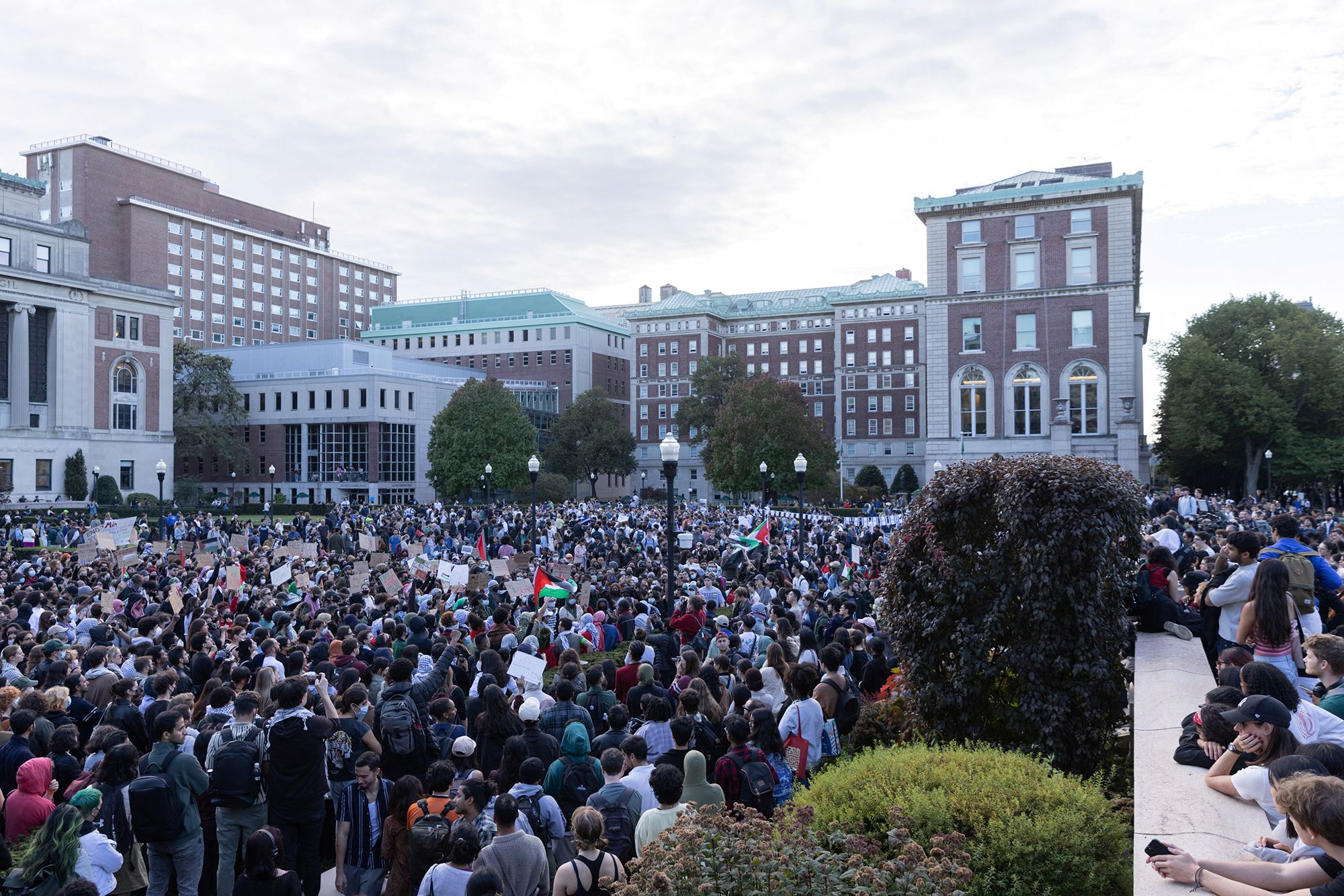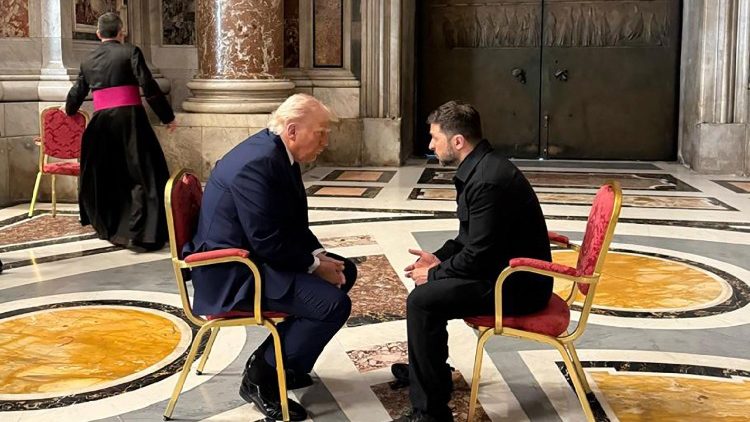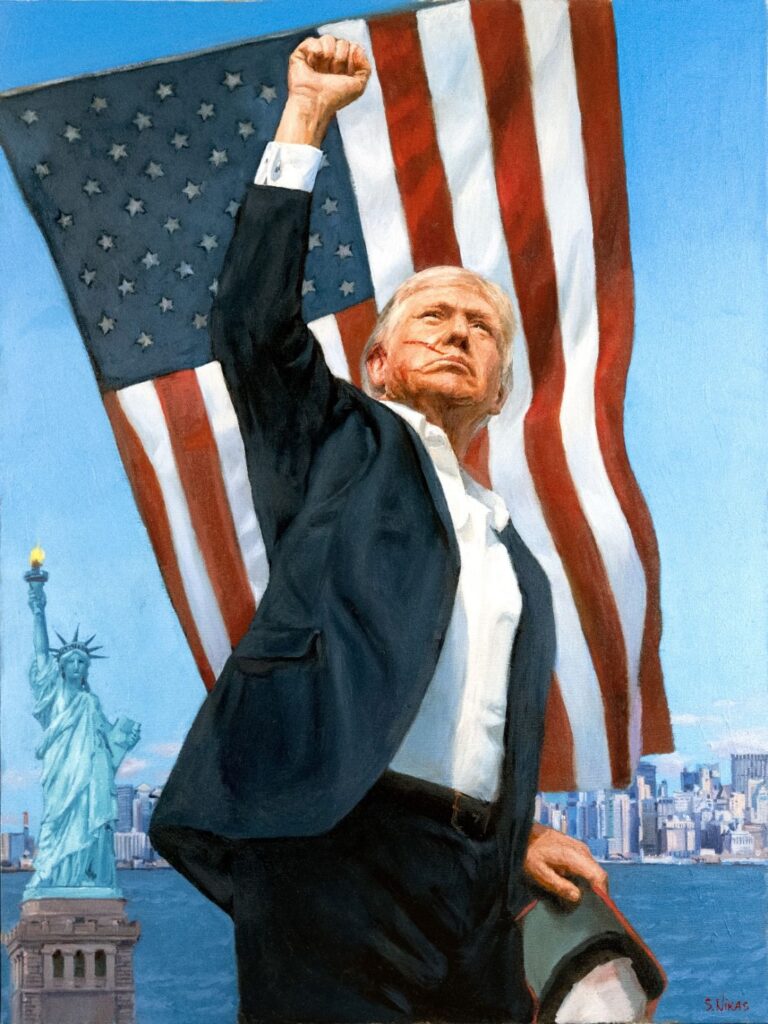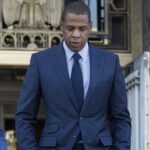Now Reading: Obama Slams Trump’s ‘Gulf of America’ Controversy: ‘Values at Risk’
-
01
Obama Slams Trump’s ‘Gulf of America’ Controversy: ‘Values at Risk’
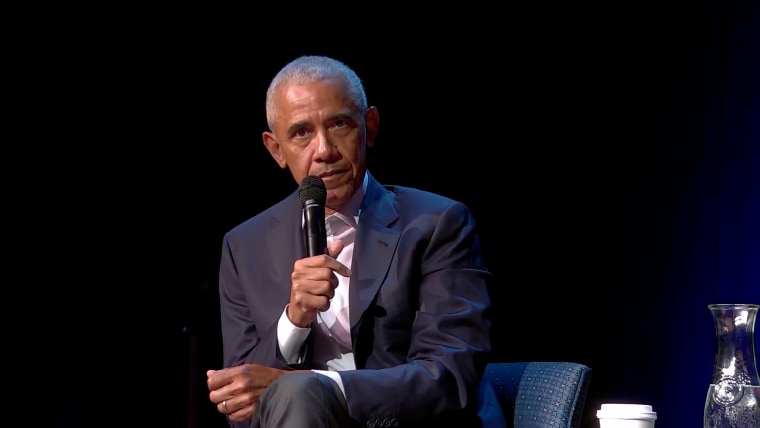
Obama Slams Trump’s ‘Gulf of America’ Controversy: ‘Values at Risk’
Former President Barack Obama has fired shots at the current administration in what might be his most pointed criticism yet of Donald Trump, suggesting that America’s fundamental values hang in the balance amid what he calls a troubling pattern of behavior.
During a revealing conversation at Hamilton College, Obama didn’t hold back, delivering a blistering critique of recent White House decisions that have raised eyebrows across the political spectrum.
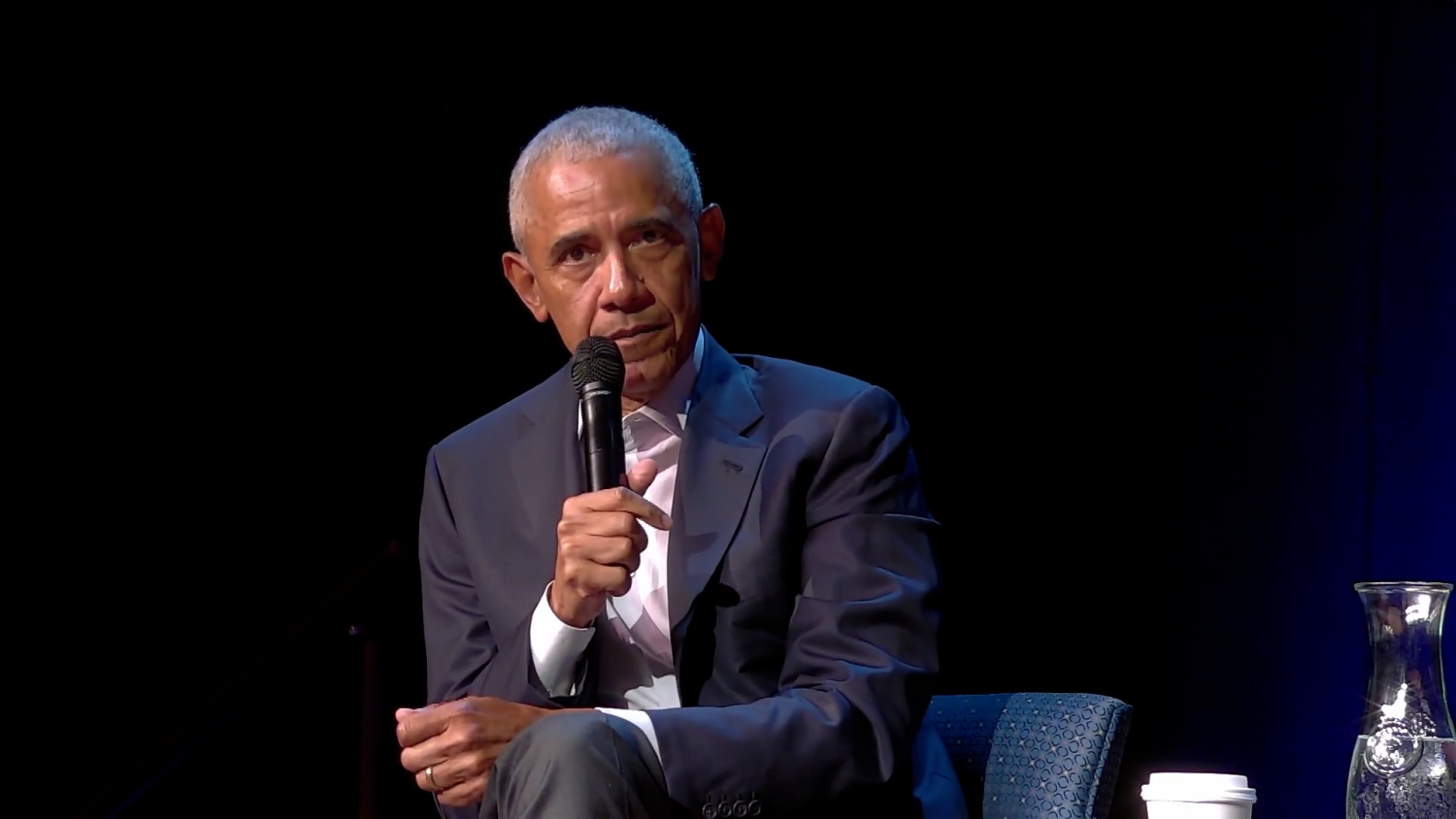
Press Freedom Under Fire: The AP Access Controversy
The 44th President appeared particularly disturbed by the White House’s decision to revoke The Associated Press’s access to key West Wing areas—a move that came after the respected news agency refused to adopt Trump’s preferred term “Gulf of America” following his controversial decision to rename the Gulf of Mexico.
“Imagine if I had pulled Fox News’ credentials from the White House press corps,” Obama pointedly remarked, highlighting what he views as a glaring double standard in how presidential actions are judged. “It’s unimaginable that the same parties that are silent now would have tolerated behavior like that from me or a whole bunch of my predecessors.”

“This Is Not Partisan” – Obama’s Call for American Values
Obama was careful to frame his concerns not as partisan grievances but as deeper worries about American democracy itself. “I say this not on a partisan basis,” he emphasized. “This has to do with something more precious, which is who are we as a country and what values do we stand for?”
The former President’s remarks signal a growing alarm among political veterans about what they perceive as erosion of democratic norms under the current administration—concerns that transcend typical policy disagreements.
Campus Crackdowns: Universities in the Crosshairs
While acknowledging his disagreement with Trump’s economic policies, particularly the recent sweeping tariffs, Obama made clear that his deeper concerns lie elsewhere—specifically with the administration’s approach to universities and student protesters.
“I’m more deeply concerned with a federal government that threatens universities if they don’t give up students who are exercising their right to free speech,” Obama stated, directly addressing the White House’s threats to cut funding to institutions that refuse to drop diversity programs or enforce controversial protest guidelines.
In what might be interpreted as a call for institutional courage, Obama suggested universities should consider using their financial independence as a shield against government intimidation. “If not, and you’re just being intimidated, well, you should be able to say, ‘That’s why we got this big endowment,'” he noted.
A Call to Ordinary Americans: “It Is Up to All of Us”
Perhaps most significantly, Obama extended his message beyond political and institutional leaders to everyday citizens. He urged ordinary Americans, colleges, and law firms to be ready to “possibly sacrifice” to defend democratic principles—setting the stage for what amounted to a call to action.
“It is up to all of us to fix this,” Obama declared, adding that his call was for “the citizen, the ordinary person who says, ‘No, that’s not right.'” This appeal to civic duty resonates with Obama’s long-standing emphasis on citizen engagement as the foundation of democracy.
The Broader Political Landscape
Obama’s comments come at a time of heightened political tension as America navigates increasingly divided territory. While former presidents typically refrain from direct criticism of their successors, Obama appears to have calculated that these circumstances warrant breaking with tradition.
Political analysts note that Obama’s decision to speak out so forcefully suggests he views current developments not as normal political disagreements but as potential threats to constitutional norms that have guided American democracy for centuries.
With these remarks, Obama has positioned himself as one of the most prominent voices in what he clearly sees as a crucial moment for American democracy—one that requires vigilance from citizens and institutions alike.
As the political temperature continues to rise, the question remains whether Obama’s warnings will galvanize a broader response or simply add to the increasingly polarized national conversation about America’s democratic future.

